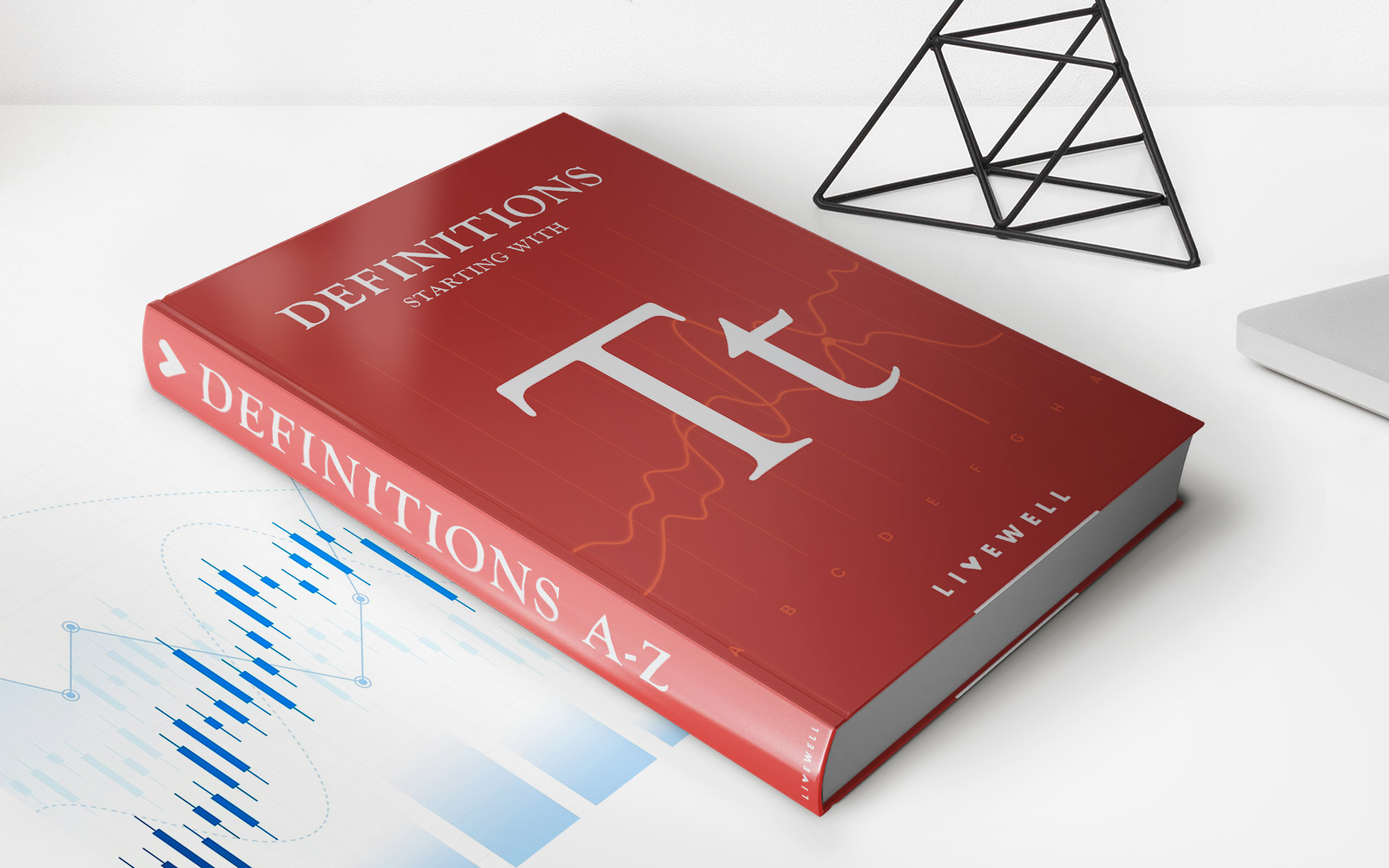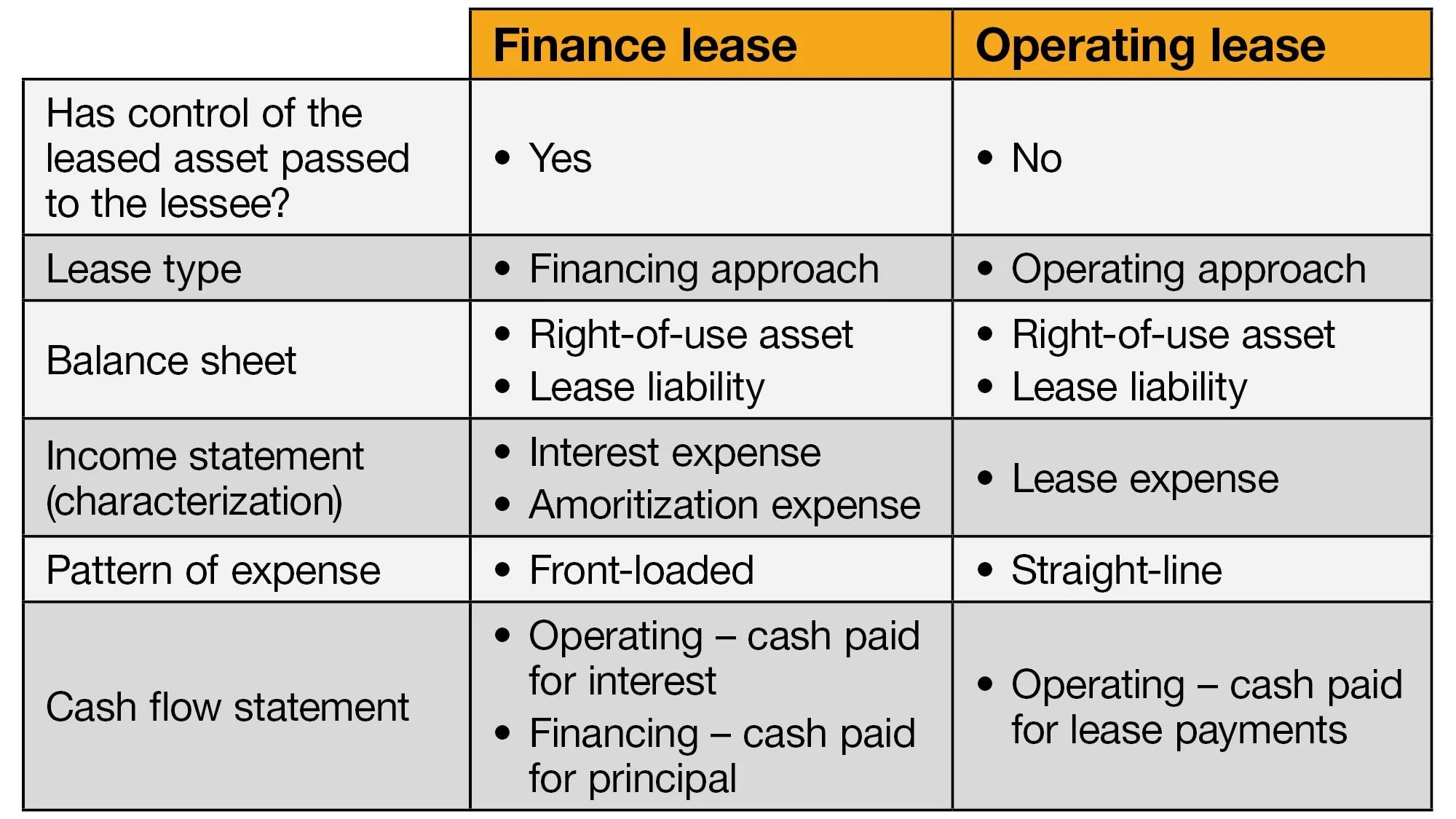

Finance
How Do Pre-Tax Deductions Affect Take Home Pay
Published: January 20, 2024
Learn how pre-tax deductions impact your take-home pay and understand the financial implications. Get valuable insights into managing your finances.
(Many of the links in this article redirect to a specific reviewed product. Your purchase of these products through affiliate links helps to generate commission for LiveWell, at no extra cost. Learn more)
Table of Contents
Introduction
In today’s fast-paced world, managing personal finances can be a challenging task. Understanding the various components that affect your take-home pay is crucial for effective financial planning. One such component is pre-tax deductions, which can have a significant impact on your overall earnings.
Pre-tax deductions are specific expenses that are subtracted from your gross income before income taxes are calculated and withheld. These deductions can encompass a wide range of expenses, such as retirement contributions, health insurance premiums, and flexible spending accounts.
By utilizing pre-tax deductions, employees can lower their taxable income and potentially reduce their overall tax obligation. This can result in increased take-home pay and a more favorable financial situation.
Throughout this article, we will explore the definition of pre-tax deductions, provide examples of commonly used deductions, discuss the benefits of utilizing pre-tax deductions, and delve into the impact these deductions can have on take-home pay. Additionally, we will consider important factors that employees should keep in mind when setting up and managing their pre-tax deductions.
Understanding the workings of pre-tax deductions and how they affect your take-home pay is essential for making informed financial decisions. So, let’s dive into the world of pre-tax deductions and uncover their importance in optimizing your finances.
Definition of Pre-Tax Deductions
Pre-tax deductions are expenses that are deducted from an individual’s gross income before income taxes are calculated and withheld. Essentially, these deductions lower the individual’s taxable income, resulting in potential tax savings.
These deductions are typically authorized by the employer and are withheld from an employee’s paycheck on a pre-tax basis, meaning that the employee does not pay income taxes on the deducted amount. The deducted amount is then used to cover specific expenses, such as insurance premiums, retirement contributions, or dependent care expenses.
It is important to note that there are specific rules and regulations regarding pre-tax deductions. These rules may vary depending on the country or region, as tax laws differ across jurisdictions. In the United States, for example, pre-tax deductions are governed by the Internal Revenue Service (IRS) and may include expenses authorized under Section 125 of the Internal Revenue Code.
Common examples of pre-tax deductions include:
- Retirement Contributions: Contributions made to an employer-sponsored retirement plan, such as a 401(k) or 403(b) plan, are typically deducted from an employee’s gross income before taxes are applied.
- Health Insurance Premiums: Many employers offer health insurance plans to their employees, and the premiums for these plans are often deducted from an employee’s pre-tax income.
- Flexible Spending Accounts (FSAs): FSAs allow employees to set aside pre-tax dollars to cover qualified medical expenses or dependent care expenses.
- Transportation Expenses: Some employers offer pre-tax deductions for eligible transportation expenses, such as commuter benefits, parking fees, or public transportation passes.
By taking advantage of pre-tax deductions, employees can reduce their taxable income and potentially lower their overall tax liability. However, it is important to consult with a tax professional or financial advisor to ensure compliance with applicable laws and regulations.
Examples of Pre-Tax Deductions
Pre-tax deductions encompass a wide range of expenses that employees can deduct from their gross income before taxes are calculated. Let’s explore some common examples of pre-tax deductions:
- Retirement Contributions: Many employers offer retirement plans, such as a 401(k) or 403(b), which allow employees to contribute a portion of their pre-tax income towards their retirement savings. These contributions are deducted from their gross income before taxes are applied, resulting in potential tax savings. It’s important to take advantage of employer matching contributions, as this can further boost your retirement savings.
- Health Insurance Premiums: Health insurance is a vital expense for most individuals and families. Certain employers offer health insurance plans and allow employees to deduct the premiums from their pre-tax income. This means that the cost of the health insurance coverage is not subject to income taxes, resulting in considerable tax savings.
- Flexible Spending Accounts (FSAs): FSAs are employer-sponsored accounts that allow employees to set aside pre-tax dollars to cover eligible medical expenses or dependent care expenses. Employees can contribute a predetermined amount from their paycheck to the FSA, reducing their taxable income. FSAs provide a convenient way to save money on common expenses such as prescription medications, co-pays, and childcare costs.
- Transportation Expenses: Some employers offer pre-tax deductions for transportation expenses, commonly known as commuter benefits. These deductions can be used to cover costs such as parking fees, public transportation passes, or even bicycle commuting expenses, reducing the employee’s taxable income. Commuter benefits can provide significant savings for individuals who rely on transportation to get to work.
- Student Loan Payments: In certain cases, employers offer pre-tax deductions for student loan payments. This allows employees to deduct a portion of their student loan payments from their gross income before taxes are applied, helping to alleviate the burden of student loan debt.
It’s important to keep in mind that the availability of these pre-tax deductions can vary depending on the employer and the specific benefit plans they offer. It’s recommended to review the benefit options provided by your employer and take advantage of any available pre-tax deductions to optimize your financial situation.
Benefits of Pre-Tax Deductions
Utilizing pre-tax deductions can offer numerous benefits to employees, providing both immediate and long-term advantages. Let’s explore some of the key benefits of utilizing pre-tax deductions:
- Tax Savings: One of the most significant benefits of pre-tax deductions is the potential tax savings. By deducting eligible expenses from their gross income before taxes are calculated, employees can lower their taxable income. This can result in a smaller tax liability and potentially increase their take-home pay.
- Increased Take-Home Pay: Since pre-tax deductions lower taxable income, employees can enjoy a higher take-home pay. By reducing the amount of income subject to taxes, employees retain more of their earnings, allowing them to allocate the additional funds towards savings, paying bills, or any other financial goals.
- Lower Healthcare Costs: Pre-tax deductions for health insurance premiums or flexible spending accounts can help employees save on healthcare expenses. By using pre-tax dollars to cover medical costs, including copayments, deductibles, and eligible expenses, employees effectively reduce the amount of money they need to spend out-of-pocket.
- Boosted Retirement Savings: Pre-tax deductions for retirement contributions, such as those made to a 401(k) plan, allow employees to save for retirement on a tax-advantaged basis. The contributions are deducted from their gross income, reducing current taxable income while simultaneously growing their retirement savings for the future.
- Affordable Commuting: Some employers provide commuter benefits as a pre-tax deduction, which enables employees to save on transportation expenses. Pre-tax deductions for parking fees, public transportation passes, or eligible commuting expenses can significantly reduce the out-of-pocket costs associated with daily commuting.
- Financial Planning Opportunities: Pre-tax deductions provide employees with opportunities for better financial planning. By allocating pre-tax dollars towards specific expenses, such as healthcare or retirement contributions, individuals can ensure that they are consistently saving and properly budgeting for essential needs.
It’s important to consult with a tax professional or financial advisor to fully understand the potential benefits and implications of utilizing pre-tax deductions. They can provide personalized guidance based on your specific financial situation and help you make informed decisions.
Calculation of Take-Home Pay
Take-home pay refers to the amount of money an employee receives in their paycheck after deductions, including pre-tax deductions, have been subtracted. Calculating take-home pay involves understanding the components deducted from an employee’s gross income to arrive at their net pay.
To calculate take-home pay, the following components are typically taken into consideration:
- Gross Income: This is the total amount of income earned before any deductions are made. It includes wages, salaries, bonuses, commissions, and any other forms of compensation.
- Pre-Tax Deductions: These are the deductions subtracted from the gross income before taxes are calculated. Pre-tax deductions can include retirement contributions, health insurance premiums, flexible spending account contributions, and other eligible expenses.
- Income Taxes: After pre-tax deductions have been subtracted, the remaining amount is used to calculate income taxes. The actual tax amount will depend on the individual’s tax bracket, filing status, and any applicable tax credits or deductions.
- Other Deductions: Other deductions, such as state and local taxes, federal taxes (such as Social Security and Medicare), and any voluntary deductions like contributions to a post-tax retirement account, are subtracted from the remaining income after income taxes are calculated.
- Net Pay: This is the final amount that an employee receives in their paycheck, also known as take-home pay. It represents the remaining income after all deductions, including pre-tax deductions and taxes, have been subtracted.
Calculating take-home pay accurately is crucial for budgeting and managing personal finances effectively. It allows individuals to understand how much money they will actually take home and how much they can allocate towards various financial goals and expenses.
Keep in mind that take-home pay can vary depending on factors such as tax laws, the specific pre-tax deductions chosen, and any changes in income or tax status. It is recommended to consult with a tax professional or use online calculators to determine your estimated take-home pay based on your unique circumstances.
Impact of Pre-Tax Deductions on Take-Home Pay
Pre-tax deductions have a significant impact on an employee’s take-home pay. By reducing the taxable income, these deductions can increase the amount of money employees retain in their paychecks. Let’s explore the key ways pre-tax deductions affect take-home pay:
- Reduced Taxable Income: Pre-tax deductions lower an employee’s taxable income, as they are subtracted from the gross income before taxes are calculated. This reduction in taxable income often results in a lower overall tax liability.
- Increased Net Pay: As pre-tax deductions decrease the taxable income, employees can expect to see an increase in their take-home pay. With a reduced tax liability, more of their gross income remains as after-tax income.
- Lower Tax Withholdings: Employers typically withhold income taxes from an employee’s paycheck based on their taxable income. Due to pre-tax deductions, employees can expect lesser taxes to be withheld, resulting in a higher net pay.
- Retirement and Savings Benefits: Pre-tax deductions for retirement contributions, such as those made to a 401(k) plan, allow employees to save for the future on a tax-advantaged basis. These deductions not only reduce current taxable income but also contribute to long-term savings and financial security.
- Healthcare Savings: Pre-tax deductions for health insurance premiums or flexible spending accounts (FSAs) allow employees to save on healthcare expenses. By using pre-tax dollars to cover medical costs, individuals effectively reduce their taxable income, resulting in increased take-home pay and potential savings on healthcare expenses.
It’s important to note that while pre-tax deductions can increase take-home pay, they can also affect other factors, such as eligibility for certain tax credits or deductions. Additionally, changes in pre-tax deduction amounts or personal circumstances may impact the overall tax liability and take-home pay. It’s advisable to review and adjust pre-tax deductions periodically to ensure they align with financial goals and individual circumstances.
Employees should consult with a tax professional or human resources representative to understand the specific implications of pre-tax deductions on their take-home pay and overall financial situation.
Considerations for Employees
When it comes to pre-tax deductions, employees should consider several factors to maximize their benefits and make informed decisions. Here are some important considerations to keep in mind:
- Evaluation of Available Options: Take the time to thoroughly review the pre-tax deductions offered by your employer. Understand the specific benefits, eligibility criteria, and contribution limits associated with each deduction option. This will help you make informed choices based on your individual needs and financial goals.
- Financial Planning and Budgeting: Consider your overall financial situation and goals when selecting pre-tax deductions. Evaluate how these deductions can align with your long-term plans, such as retirement savings or healthcare needs. Create a budget that takes into account the impact of pre-tax deductions on your take-home pay and allocate your income accordingly.
- Changing Life Circumstances: Life events, such as marriage, having a child, or purchasing a home, can influence your financial situation. Review your pre-tax deductions regularly and make adjustments as needed to ensure they align with your changing circumstances.
- Employer Match: If your employer offers a retirement savings plan with a matching contribution, take full advantage of this benefit. Contribute at least the minimum amount required to receive the maximum employer match, as this is essentially free money that boosts your retirement savings.
- Tax Planning: Consult with a tax professional or financial advisor to understand the tax implications and benefits of pre-tax deductions. They can provide guidance and help you strategize to optimize your tax savings and overall financial well-being.
- Regular Review and Adjustment: Monitoring the impact of pre-tax deductions on your take-home pay is essential. Periodically review your paycheck and tax withholdings to ensure accuracy and make adjustments when necessary.
- Education and Resources: Take advantage of educational materials and resources provided by your employer or external sources. These resources can help you better understand pre-tax deductions, tax planning, and overall financial management.
Being proactive and informed about pre-tax deductions will empower you to make choices that align with your financial goals and maximize your take-home pay. Remember to regularly reassess and adjust your deductions based on changes in your circumstances or financial objectives.
Ultimately, taking full advantage of pre-tax deductions requires careful consideration, planning, and ongoing evaluation to ensure you are optimizing your financial situation and maximizing your take-home pay.
Conclusion
Understanding the impact of pre-tax deductions on your take-home pay is crucial for effective financial planning. Pre-tax deductions provide numerous benefits, including tax savings, increased net pay, and opportunities to save for retirement or cover healthcare expenses with pre-tax dollars.
By taking advantage of pre-tax deductions such as retirement contributions, health insurance premiums, and flexible spending accounts, employees can lower their taxable income and potentially reduce their overall tax liability. This translates into a higher take-home pay and more control over their finances.
However, it’s important for employees to carefully evaluate their options, consider their individual financial goals, and regularly review and adjust their pre-tax deductions based on changing circumstances. Consultation with a tax professional or financial advisor is advised to understand the specific implications and benefits of pre-tax deductions in relation to your own financial situation.
In conclusion, pre-tax deductions play a vital role in optimizing your finances. They allow you to save money on taxes, increase your take-home pay, and make progress towards important financial milestones, such as retirement and healthcare savings. By harnessing the potential of pre-tax deductions, you can pave the way for a more secure and prosperous financial future.














